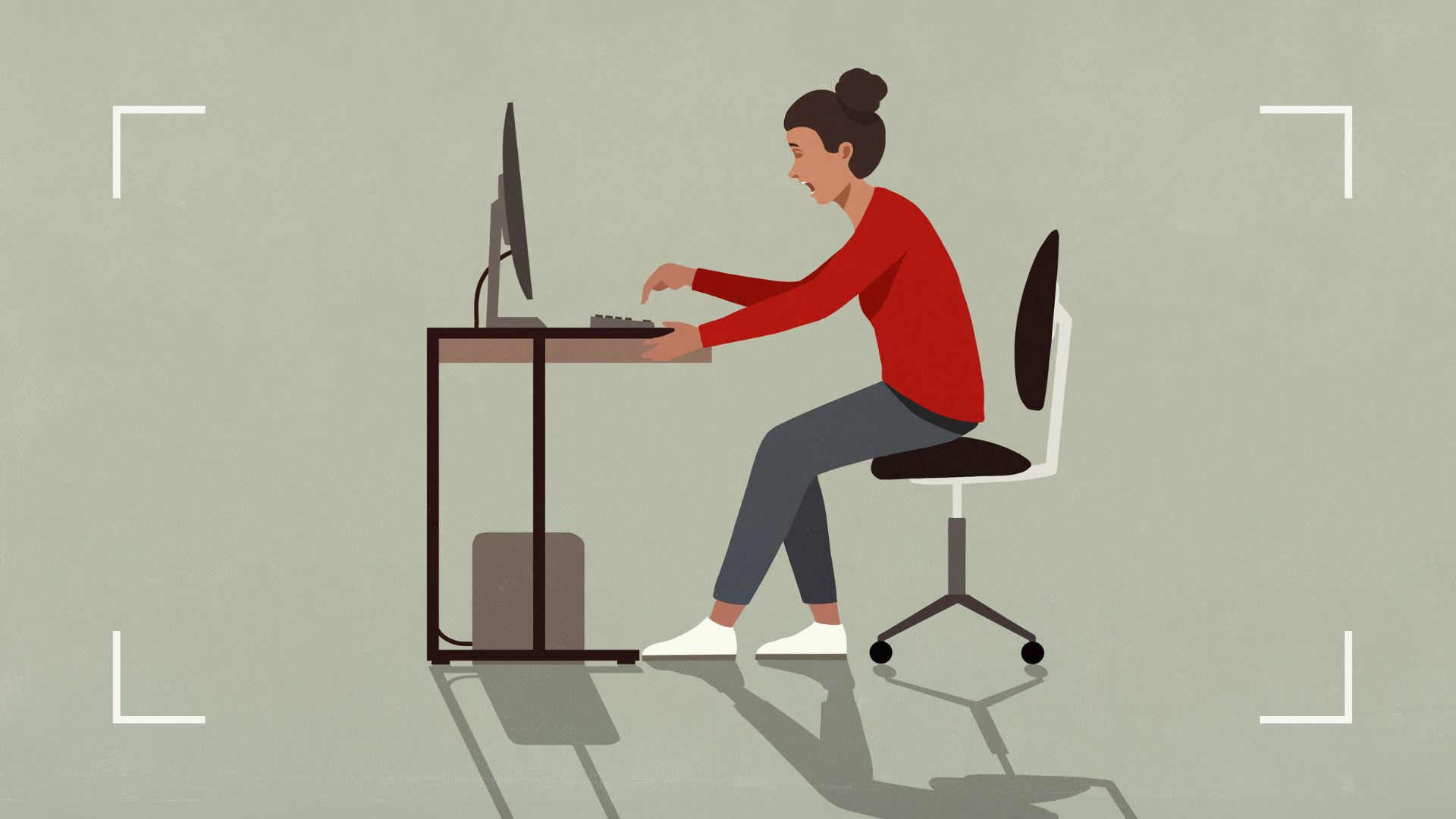What is quiet quitting and can it help with burnout? This is what you need to know about the new work trend
Quiet quitting has been all over TikTok this week, here a life coach explains what the new trend is all about


Quiet quitting is the latest TikTok trend to get everyone talking, with a startling 40 million views for the hashtag #QuietQuitting on the platform. The idea behind the viral video is nothing new, but with rates of burnout higher than ever before, some argue they have a good point.
Burnout is chronic stress, so debilitating that the World Health Organisation (WHO) acknowledged the condition as a diagnosis back in 2019. There are many different types but it's most often a result of ongoing workplace stress, making the idea of doing less, i.e. quiet quitting, a conceivable solution.
But is it just a justification for doing as little work as possible, or does it actually work as a way to avoid burnout without quitting your job? Here, a life coach and boundaries expert dissects the idea and tells woman&home everything there is to know about burnout from work and the new trend.
What is quiet quitting?
Quiet quitting is about doing the bare minimum at work, explains Michelle Elman, a five-board accredited life coach, boundaries, and relationship expert. "In other words, actually having work boundaries in place, like leaving at the time you are supposed to leave, rather than overextending yourself."
In the video credited for the viral trend, which has been viewed 3.4 million times, creator Zaid Khan says the concept is the opposite of hustle culture, where you'd typically work as hard as you could for as long as possible. It's all linked to the idea, he says, that "your worth as a person is not defined by your labor" so work "shouldn't be your life".
For some, this mentality seems to be an active decision to avoid the possibility of overloading on work or doing more than they're paid for, with other videos under the hashtag using language like "act your wage". For others, like any one of the 77% of people who said they're currently burnt out from their job in a recent Deloitte survey, it may be done out of necessity and without them even being aware of it.

It's certainly a symptom of habitual burnout, says Elman as "quiet quitting could also be when you've mentally checked out of your workplace, you no longer care about your job, or the quality of your performance," says Elman. "It usually occurs after prolonged periods of stress and, ultimately, burnout."
Sign up to our free daily email for the latest royal and entertainment news, interesting opinion, expert advice on styling and beauty trends, and no-nonsense guides to the health and wellness questions you want answered.
Why it is happening?
Either way, people are most likely quiet quitting as a result of even minor stress and burnout and using it as a way to reclaim their 'normal' life back. While you might be able to ditch your workout routine if you're experiencing exercise burnout, stay off the apps if dating burnout is getting to you, and break up with a partner if relationship burnout isn't being resolved, not everyone has the ability to quit their job to reduce their stress, so quietly quitting is their way of getting by.
"I believe a lot of this workplace mentality is coming from the extremes we are seeing in our culture in general," notes Elman, who is also the author of The Joy of Being Selfish and Am I Ugly. "We like to dismiss other people's behavior as the bare minimum and therefore the people who have been working harder and longer feel frustrated that they've been going further, and have not benefitted from their additional work."

Can quiet quitting help with burnout?
Unfortunately quiet quitting is not the answer if you want to know how to recover from burnout properly, Elman says. "It's a lot more like putting a wall up and shutting down than healthy communication," she says, which is entirely necessary for dealing with the root causes of the chronic stress condition. "It doesn't let your employer know about your dissatisfaction and therefore, nothing is going to change."
It's a band-aid over a bigger problem and when it comes to burnout, along with other serious mental health issues like depression and anxiety, bandaging over the issue doesn't do a lot of good. There's even research to prove it, as researchers from the Iranshahr University of Medical Sciences monitored nurses communication styles in relation to their levels of burnout and found that the better the communication between managers and other nurses, the lower the risk of burnout.
"We have taken a hard right away from hustle culture and the grind, grind, grind mentality," she explains. "Instead of quiet quitting though, which is the pendulum swing the other way, we should be keeping the lines of communication open. For example, we should communicate that our hours are not being financially compensated."

Grace Walsh is woman&home's Health Channel Editor, working across the areas of fitness, nutrition, sleep, mental health, relationships, and sex. She is also a qualified fitness instructor. In 2025, she will be taking on her third marathon in Brighton, completing her first ultra marathon, and qualifying as a certified personal trainer and nutrition coach.
A digital journalist with over seven years experience as a writer and editor for UK publications, Grace has covered (almost) everything in the world of health and wellbeing with bylines in Cosmopolitan, Red, The i Paper, GoodtoKnow, and more.